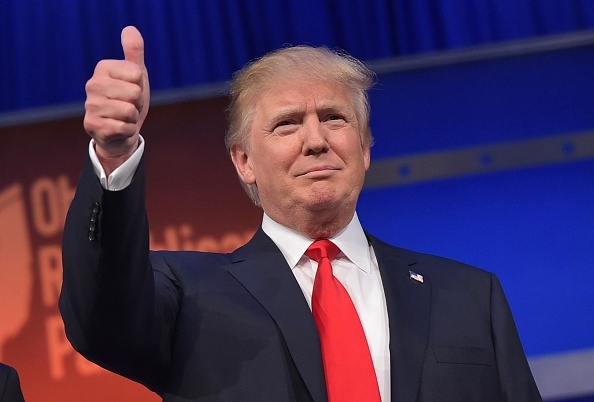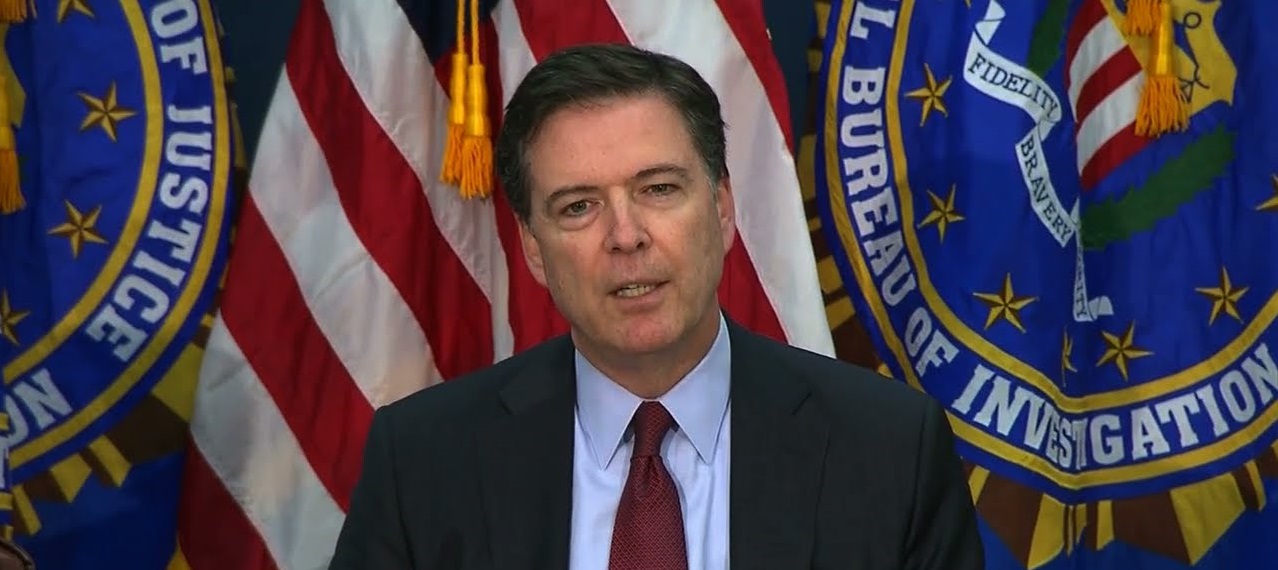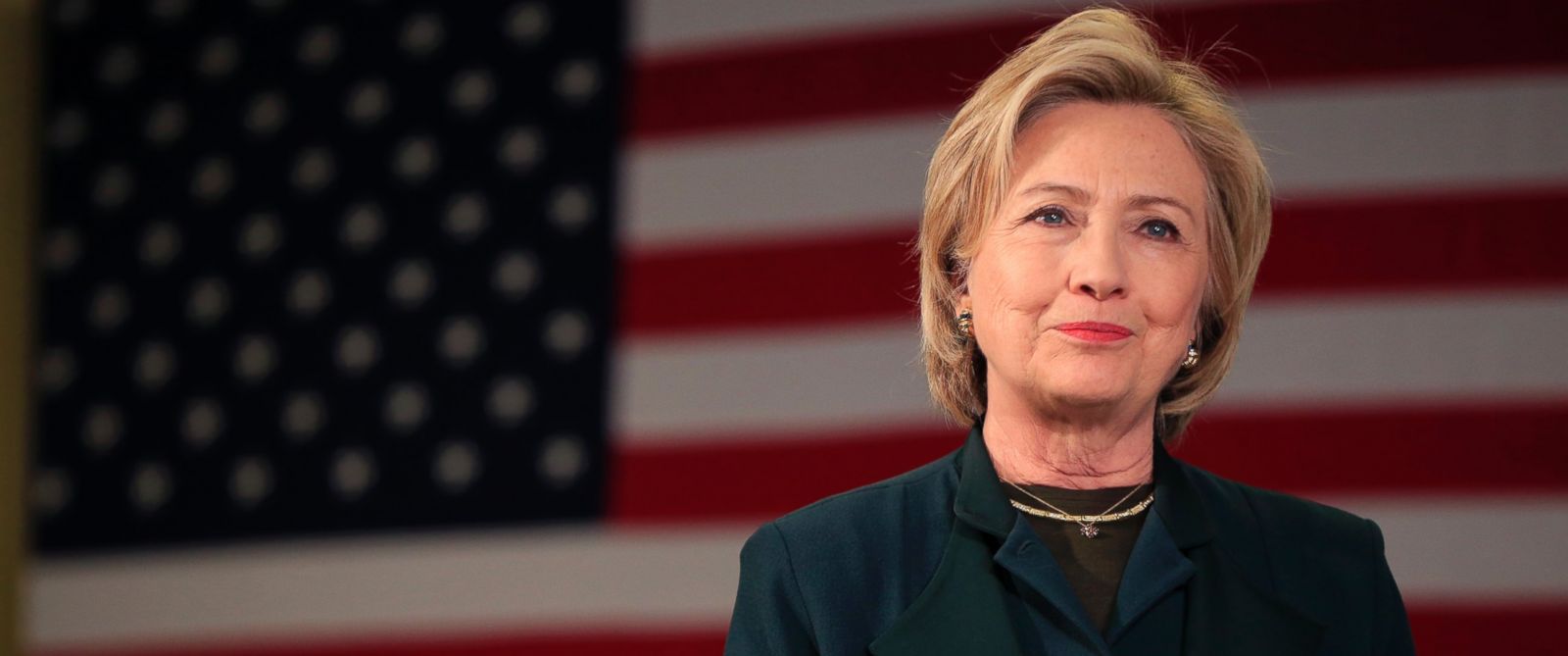Let’s just face it. Whether you are a Democrat or a Republican, the November 8 presidential election in the United States yielded an astonishing victory for the billionaire businessman and celebrity who became a politician, Donald Trump.
By Umaro Djau, USC Graduate Student
As millions here at home and abroad were slowly recognizing voters had chosen Trump as the 45th President of the United States, one political commentator and analyst drew a pointed conclusion as to the reasons for this surprising victory: understanding the current media landscape. “When there is a revolution in media, when there’s a new media form, a new master usually comes along and shocks everybody,” said Anthony Kapel “Van” Jones on CNN during the election night coverage of that cable TV network (2016).
And that “new master” is the President-elect Donald Trump who, according to Van Jones, can be compared to other three successful presidential candidates in different historic periods (CNN, 2016). “People totally wrote FDR off and then he understood radio better than everybody else and he broke through. JFK was totally written off but he understood television better than anybody else and he broke through. Obama totally written off but he understood the Internet, that you could raise money, small donation dollars, viral videos, and he was able to break through,” defended the CNN analyst and political commentator (2016).
In an interview with CBS’ “60 Minutes” on Sunday, Donald Trump agreed with Van Jones’ assertion, saying that social media helped him win the recent presidential election. “I think it helped me win all of these races where they’re spending much more money than I spent. And I won,” Trump told CBS’ Lesley Stahl (2016).
Watch Video: Excerpt of Donald Trump’s Interview with CBS
With more people spending their time on social media networks for messaging, conversations and content exchange, Trump could only find these platforms “tremendous” as they help drive a higher level of engagement between users and foster grassroots support on social media networks (CBS’ 60 minutes; Talkwalker, 2016).
Talkwalker dubs itself as one of the world’s leading social data intelligence companies, specializing in monitoring and analyzing online conversations on social networks, new websites, blogs and forums. Talkwalker (2016) has recently reported on the advantage of Donald Trump over Hillary Clinton on social media, which resulted in the Republican candidate “outperforming not only Clinton but also the traditional media” (para. 33).
According to the President-elect, he has 28 million connections between Facebook, Instagram and Twitter (CBS’ 60 minutes, 2016). Indeed, these three social media networks, coupled with others, have produced some interesting metrics and insights on their influence, “like nothing this country has ever before seen” (Talkwalker, 2016, para. 1).
To illustrate its findings, Talkwalker (2016) said Trump’s Facebook, Instagram and Twitter pages all ranked in the top five. From Twitter only, according to Talkwalker (2016), 30 days before Election Day, Trump produced a sheer volume of tweets, outperforming Clinton with 100 more original posts.
Indeed, this has been a year of political hashtags. From #MAGA (Make America Great Again) and #CrookedHillary to #ImWithHer, social media has become a war room of its own kind with candidates and supporters exchanging barbs, insults, arguments, news and a lot of conspiracies. This takes us to Facebook and the hot issue of alleged fake news. Did fake news have any influence on the outcome of the elections?
Facebook’s founder and CEO says “it is extremely unlikely hoaxes changed the outcome of this election in one direction or the other” (Facebook, 2016, para. 4). According to Mark Zuckerberg, more than 99 percent of what people see on Facebook is authentic (Facebook, 2016).
While this may be the case, people would certainly drive the social media conversation according to their political views. For instance, from January 2016 to October 19 of this year, women, taxes, ISIS, immigration, Mexico and national security were the main issues both in traditional and social media outlets (Talkwalker, 2016). However, according to Talkwalker (2016), the conversation changed to corruption and Clinton’s email as the election was nearing, driven by “vocal and relentless social media followers” (para. 17).
The hot issue of the email takes us to Democratic presidential candidate, Hillary Clinton, who is now blaming FBI director James Comey for her loss due to a letter sent to Congress on October 28 announcing that the FBI had uncovered emails possibly related to its earlier probe into Clinton’s use of a private server when she was the U.S. Secretary of State (CNN, 2016).
While Clinton seemed to have shown restraints ventilating her anger and frustration on social media, Trump was often in full swing, which he now explains and justifies in simple terms. “When you give me a bad story or when you give me an inaccurate story … I have a method of fighting back,” Trump said in his first post-election interview with the CBS Television Network (CBS’ 60 Minutes, 2016).
Now that we are all warned about not underestimating the power of social media as a medium of mass diffusion, we will have to wait and see how much of it Trump will use during his presidency. However, here is a hint: “It’s a modern form of communication. There should be nothing we should be ashamed of. It’s where it’s at,” concluded Trump (CBS’ 60 Minutes, 2016).
Even one of his primary detractors agrees. “That’s the era that we’re in” and we may just want to get used to it because social media is here to stay and Trump “understands social media and reality television better than anybody else,” Van Jones said. This may well be one the reasons the CNN analyst and commentator called him “Trumpzilla” — but soon to be the president of the United States of America (CNN, 2016).
References:
- CBS (2016). Donald Trump’s Interview with CBS’ “60 Minutes.” Retrieved from
- http://www.cbsnews.com/news/donald-trump-60-minutes-interview-weighs-twitter-use-as-president/
- CNN (2016, November 12). Clinton to donors: FBI letters were double whammy to campaign. Retrieved from http://www.cnn.com/2016/11/12/politics/hillary-clinton-james-comey-fbi/index.html
- CNN (2016, November 9). Interview with CNN’s Analyst and Commentator, Van Jones [CNN Election Night]. Retrieved from https://youtu.be/AtwP2rXEHR8
- Facebook (2016). Zuckerberg’s Post. Retrieved from https://www.facebook.com/zuck
- Talkwalker (2016). Is Social Media Responsible for Electing Donald Trump? [Press Release]





6 Responses to Social Media’s Role in the 2016 U.S. Presidential Election